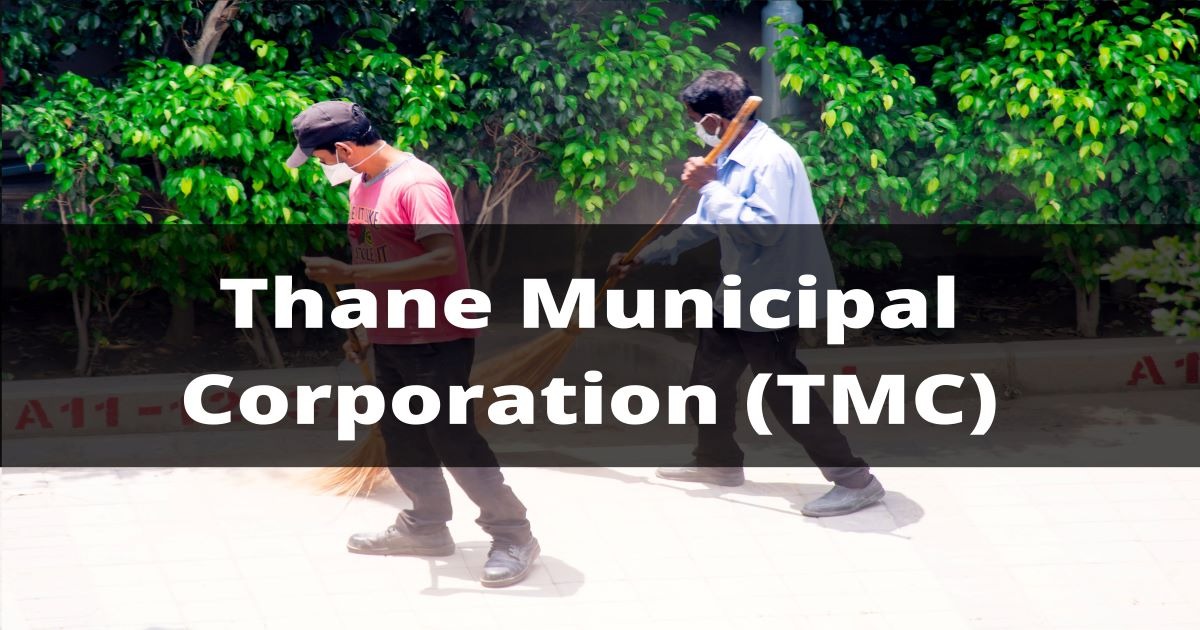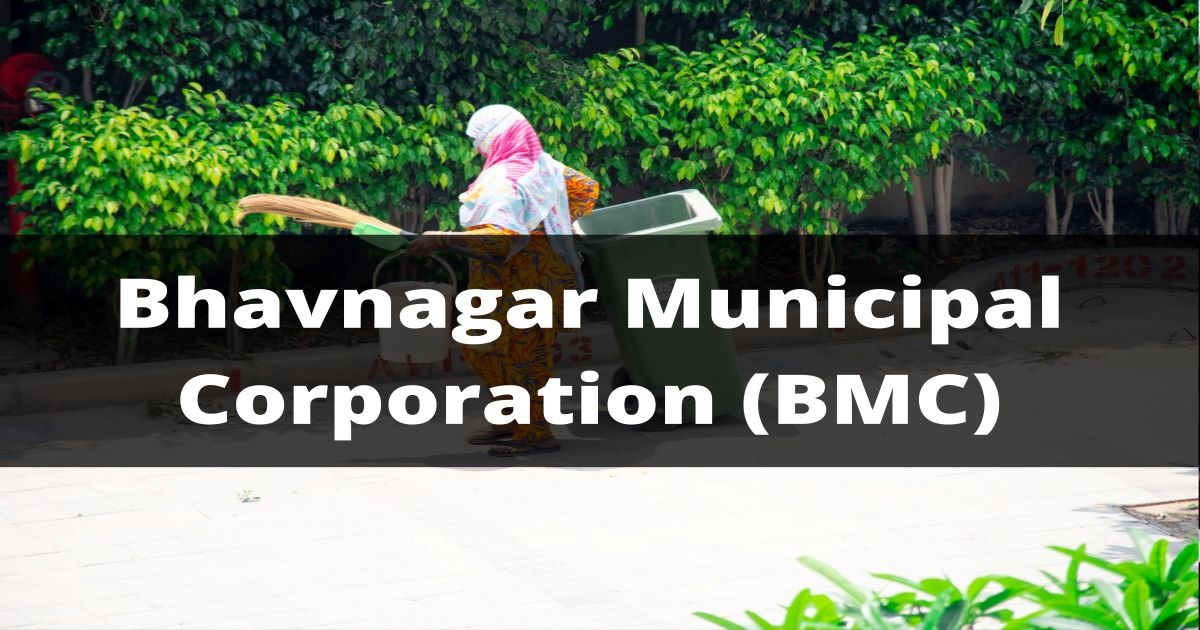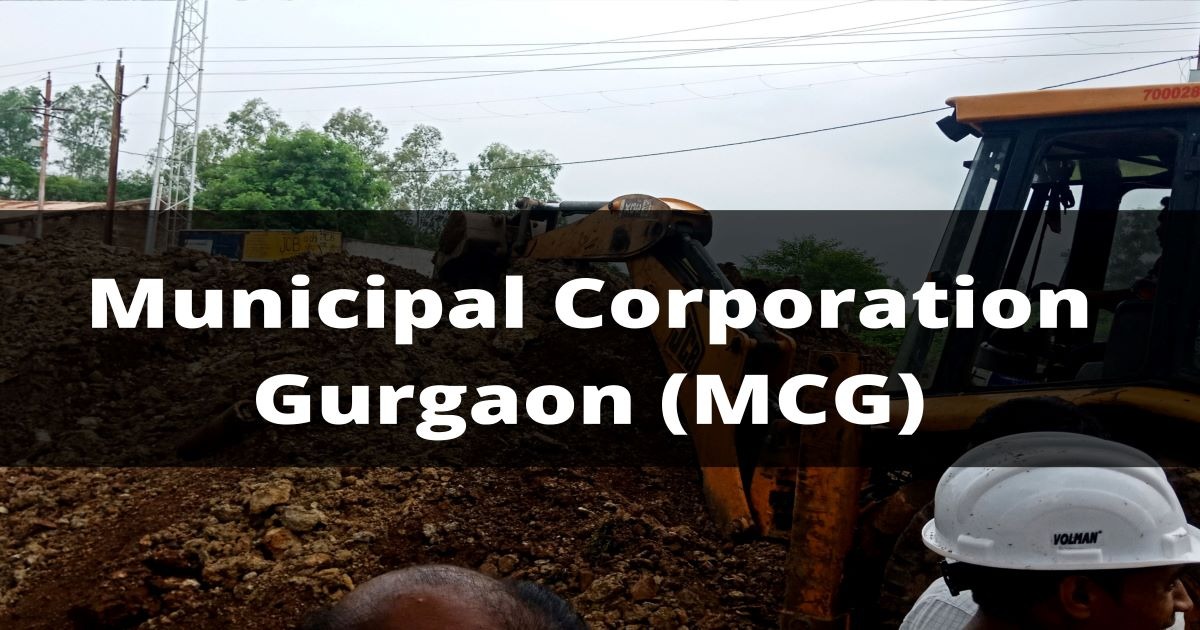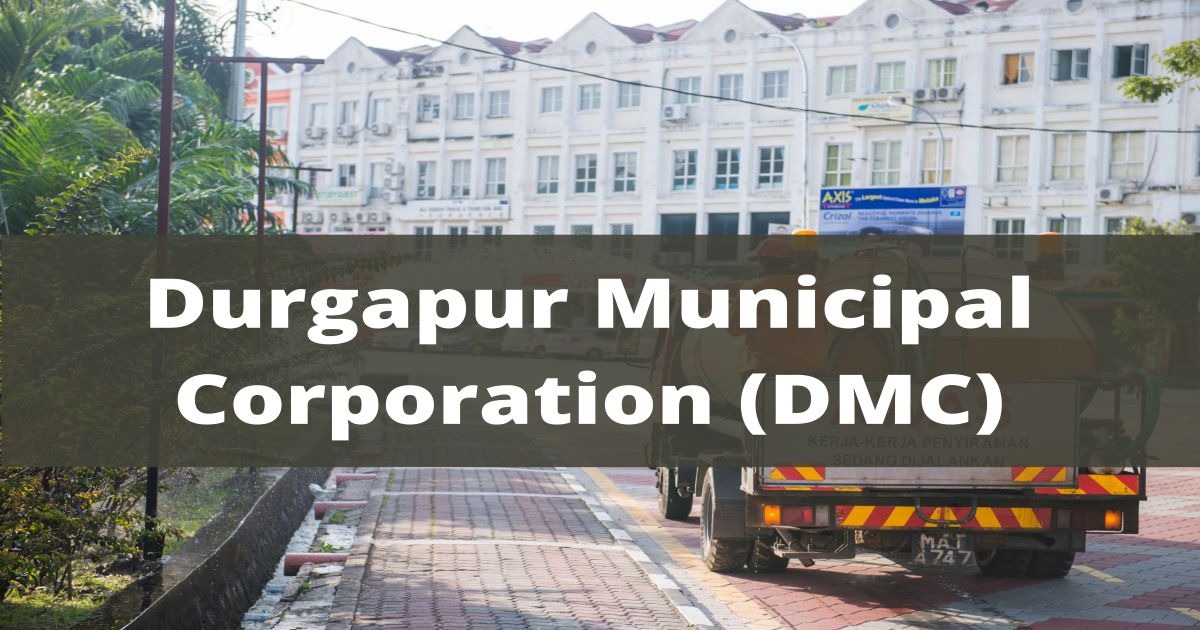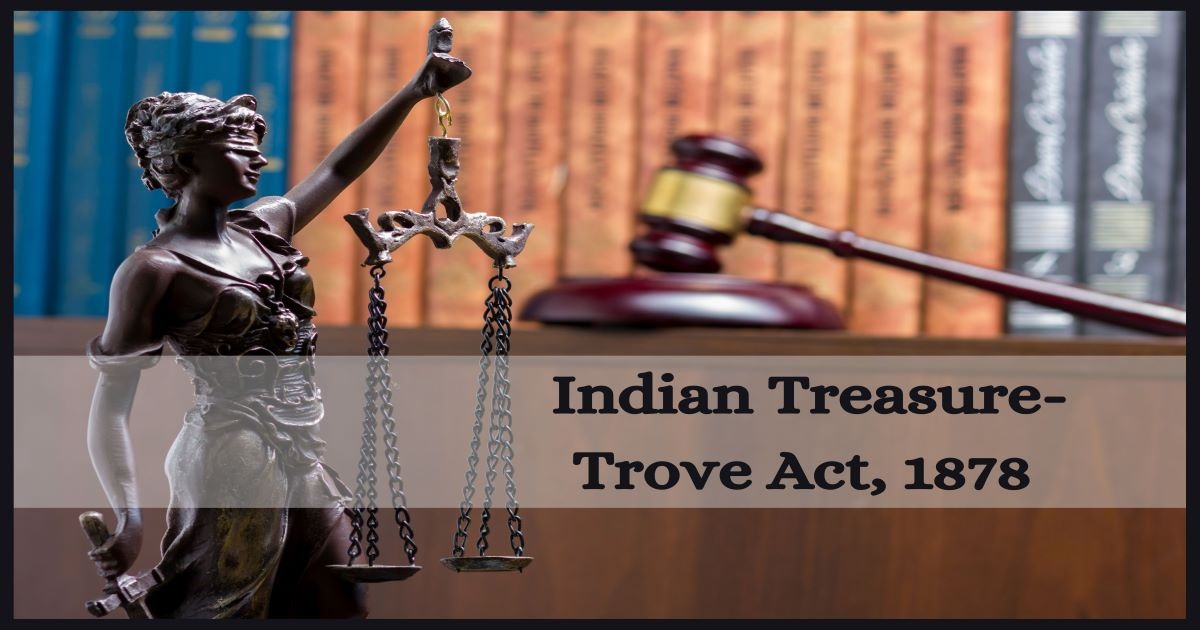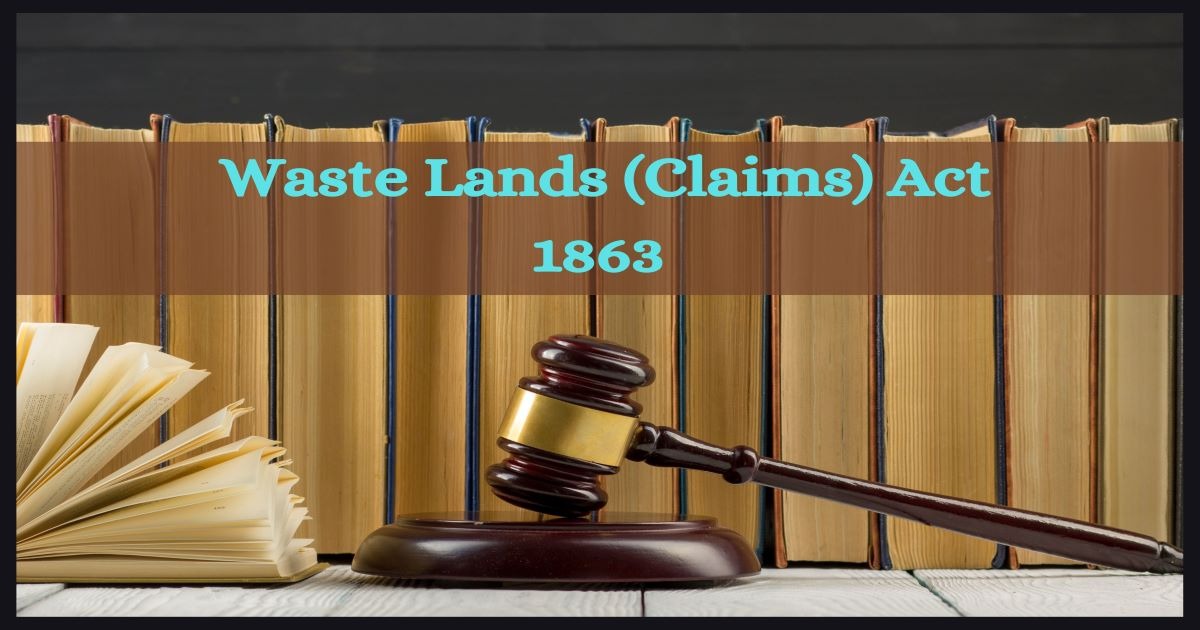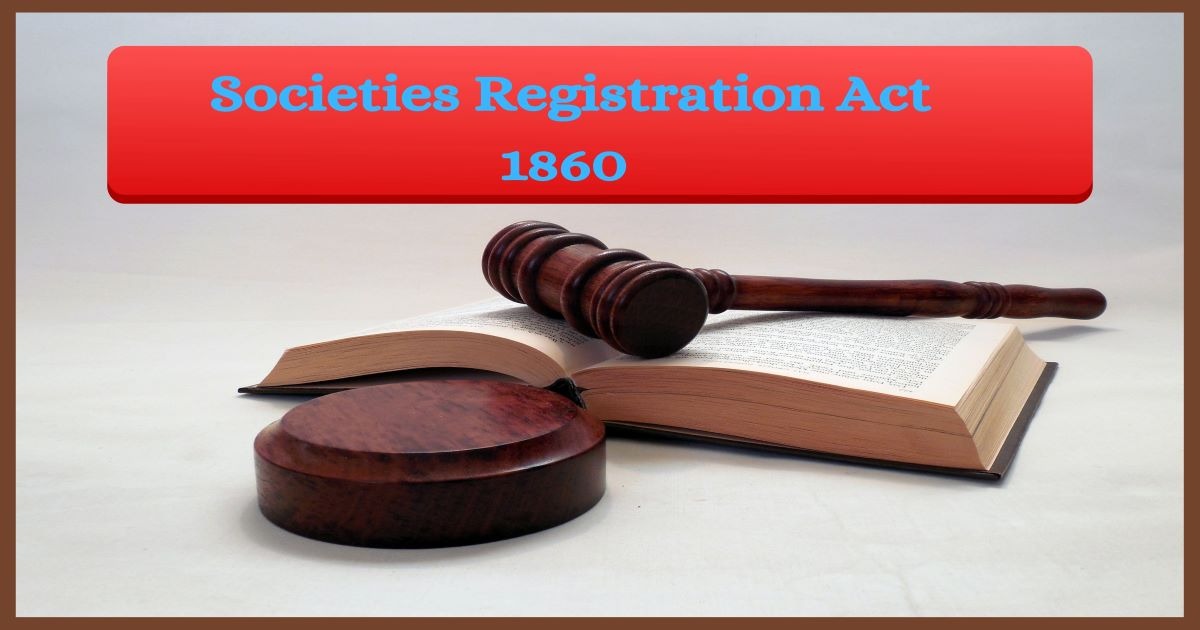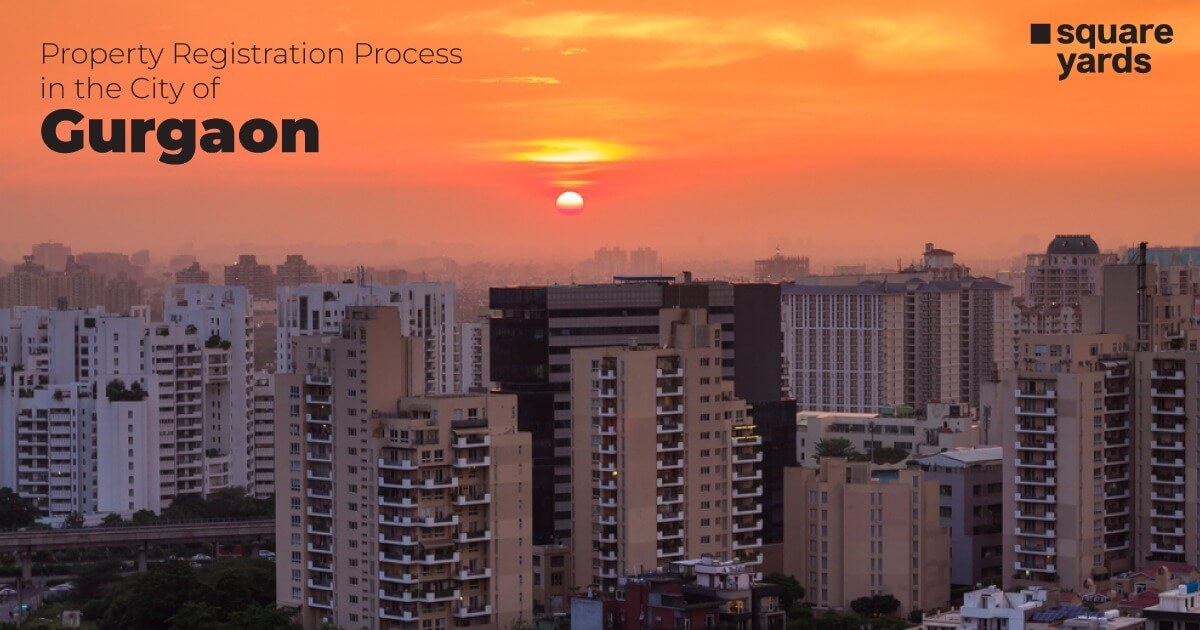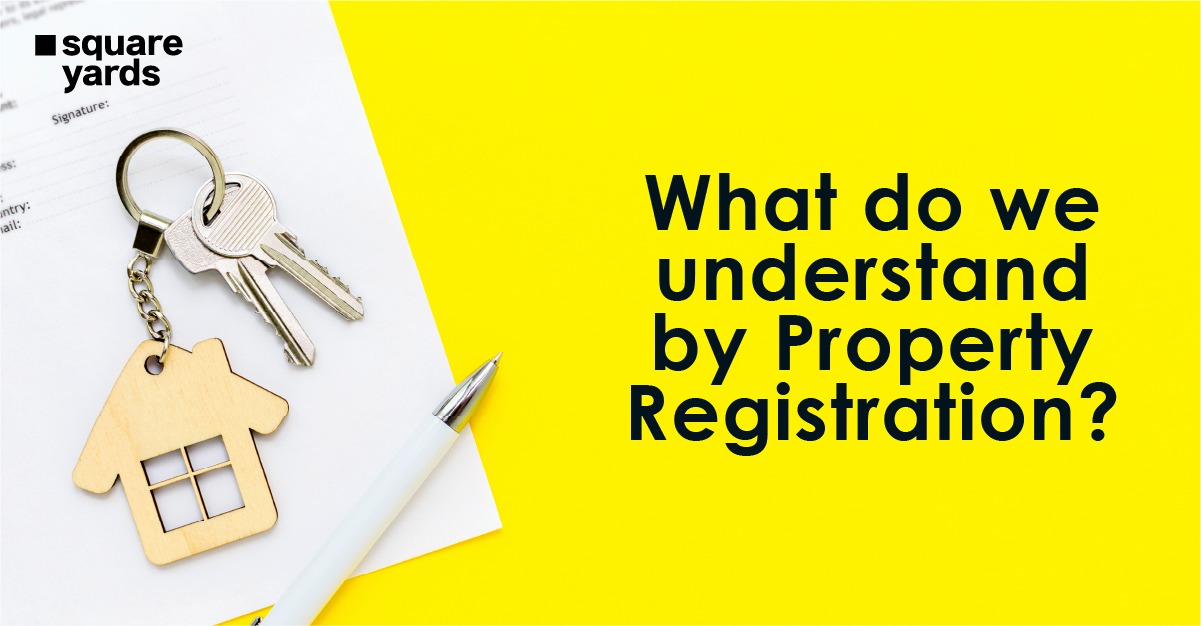In this article, we will try to cover all the House Registration Process including hotels, apartments, houses, and warehouses. We will mention the need for registration and various processes associated with registration.
An overview of House Registration Process
Do you recently purchased a property and is asked to register it? Now you may be wondering what is registry in property? It is a final agreement between the old owner and you. Once you’ve registered the property under your name, you are the legal owner and this document can be produced during any litigation in the future. If you are an Indian, then you must know about what is registry of property in India. In India, under Registration Act, 1908, every immovable property that may be acquired by inheritance, will, purchase, government grant, or as a gift having a property value of more than Rs. 100 needs to be registered. The registration fee varies from state to state depending on the type of land or building. Generally, it is 1% of the saleable value.
House Registration Process
Process of registering a property includes the following steps –
- Check the circle rate of the area in which we have purchased a property. According to that, you need to value your property. Always remember that damn duty is dependent on circle rate.
- Calculate your stamp duty, by comparing the circle rate with your actual payment for the property. The higher one will be applicable.
- Buy non-judicial stamp papers according to the value of stamp duty.
- Prepare your deeds and get it typed on stamp papers.
- Now both parties, i.e. the old owner and the new owner need to be present in the sub registrar’s office. Here the deed will be registered. Both the owners need to carry their documents like photographs, Identity proof, etc, and original copy of the deed along with two photocopies.
- After registering the sale deed, you will get a receipt. Wait for about 7 days, and then again visit registrar’s office for collecting the sale deed.
These steps are applicable for new home registration process or if you are applying for apartment registration process.
Steps to follow before House Registration Process:
- Encumbrance: Always purchase a property which has cleared all its encumbrances. Lands may have outstanding mortgages or the owner has not paid property taxes. These types of encumbrances may cause difficulty while transferring property ownership. Check the past 30 years records to find out if there are any unpaid bills.
- Documents: if you are purchasing a property you must have a chain of documents which mentions the previous owners of the land and how it has been transferred from one to another.
- Due Payments: the buyer must take weather all the dues have been cleared or not. Unpaid bills like electricity bills or property taxes may cause difficulty in registration.
- Preparation of the Deed: all the deeds must be mentioned in a draft in details. Mention all the terms and conditions between both the parties clearly in the deed.
- Calculate the stamp duty: you need to calculate the stamp duty by looking into the circle rate and valuation of the property in the market.
To answer how do you plot a registry you need to follow these steps before you apply for registering your property sub registrar’s office. Registry of a plot can be done by a mix of online and offline mode.
Things that you must mention in sale deed draft.
You need to draft a deed mentioning the below-stated points, before starting the sale deed registration procedure are –
- Mention the type of deed to be prepared like a mortgage deed, a lease or sale deed.
- Mention the seller or transferor who is willing to sell his property and is the current owner of the property.
- Buyer, or transferee name who is willing to buy the property from the seller and wants to register the property under his name.
- Describe the sales property.
- Witness- This is the person who witnessed the buyer and the seller signing the sale deed- There are two witnesses each from buyer and seller side.
- Stamp duty- This is levied by the government after acknowledging certain documents. It is a type of property tax that is calculated on the market value.
- Registration fee- It is the amount to be paid for property transferring and registering.
- Proof of registration- The certified copy of registration obtained from registrar’s office.
- Sale price- The price decided by both the buyer and the seller.
- Mode of payment.
- Sale agreement.
Documents required for property registration
- Name of the buyer and seller
- PAN card and photographs of both the parties.
- The name of the person who is buying the stem
- Receipt of the stamp duty fee
- Receipt of payment of dues.
- Chain of documents that mentions all the previous transfer of that property.
- Name and address proof of both witnesses
- Khata certificate and extracts. This acknowledges that the property has been purchased in the knowledge of the local municipal body.
- Draft of the sale deed
- Power of attorney
- Records of Rights and Tenancy Corps
- The deal value, Financial details, registration charge payment receipt.
- If the property is for resale then the copy of all registered last agreements.
- Authorized building plan by statutory authority.
- Is there any past or present loan? then provide original property documents with the bank and the loan details
- The joint development agreement GPA, and agreement between the landowner and builder.
- Landowners title document.
- Sale agreement with the seller.
- No objection certificate from apartment association in case of a resale property. This may include departments like pollution board, water department, electricity department, etc.
- Allotment letter from the one who sold the property.
- Occupancy certificate- This states that the building construction is done as per the sanctioned blueprint.
Warehouse Registration Process
- File Form A1 from wdra.gov.in. If the applicant wants to register more than one warehouse then he needs to file the same form separately for each warehouse.
- Attach all the necessary documents
- Pay the security deposit and the registration fee. This can be paid through cheque or draft from a national bank.
- After submission, the authority calls the applicant for verification.
- After complete verification of documents and fee submission, the authority grants the non-transferable registration certificate Form A3. This certificate is granted within 3 months from the date of receiving Form A1.
The registration will be offered by the authority only if the warehouse is well equipped. The construction of the warehouse has applied the Bureau of Indian standards specifications. The warehouse must-have types of equipment that can perform the handling, weighing, sampling, firefighting, and Pest Control. It must have enough skilled manpower with strong technological knowledge and manufactures certified goods.
Documents required are –
- Plan the layout of the warehouse
- And you see from local localities
- Identity proof
- AOA and MOA
- The resolution passed by the board
- Incorporation certificate
- Land deed, lease deed, or the partnership deed is any.
- Proof of ownership
- Compliance certificate
- Financial statements
- Security deposits
- Registration fee
For the hotel registration process, the following licenses are required –
- Police license from the Police department
- Health trade license from the local health department
- Registration of the business
- ESI registration under the ministry of Labor and Employment
- PF registration
- Bar license
- FSSAI Food Safety and Authority Registration under Food Safety and Standard act
- Administration tax registration
- VAT or Value Added Tax registration
Also Read:
New Rules for Property Registration
Tnreginet Inspector General of registration
Q1. When do I need to register a property?
Ans. Whenever there a property related transaction and the ownership is changing. You need to register the property for owning the land legally. All properties with a market valuation of above Rs. 100 needs to be registered.
Q2. What is a Stamp Duty?
Ans. It is a category of property tax that the government collects when you are purchasing a property. The property can be a commercial or a residential plot. This can be produced as evidence of selling and purchasing of a property if any legal cases arise in the future.
Q3. What is the information required while applying for property registration online?
Ans. The entire registration process cannot be performed online, except for the following –
• Property description – like plot number, area, pin code.
• Property type – whether it is an agricultural, or for construction of apartments.
• Mode of ownership – how he has owned the plot that may include inheritance, gift, purchase, etc.
• Personal details of the owner like his name, age, occupation, etc
• Property Proof that includes title deed and power of attorney if any.


















